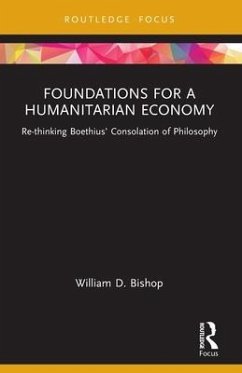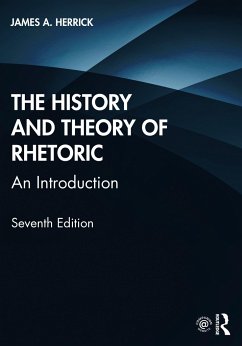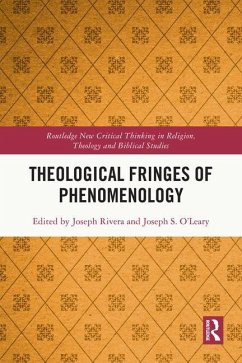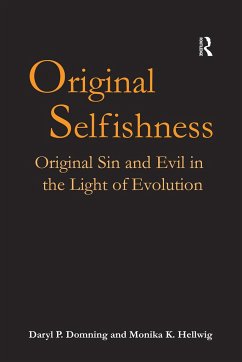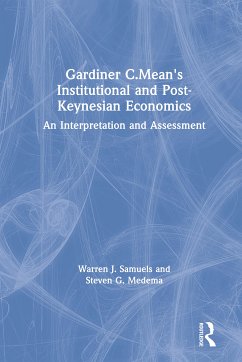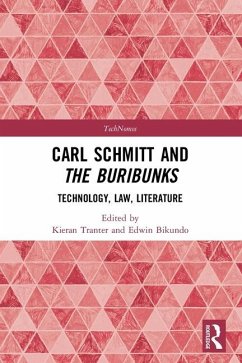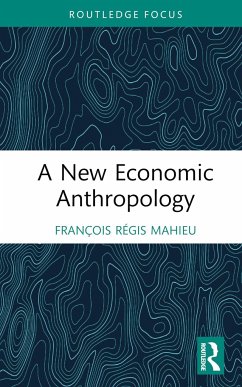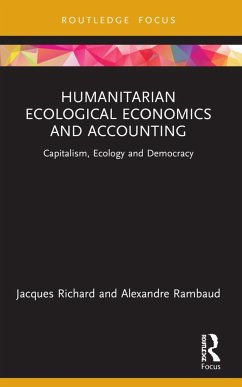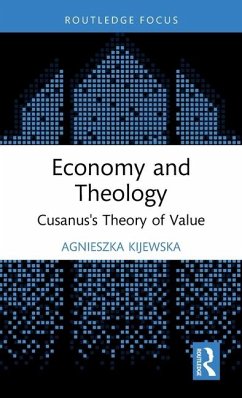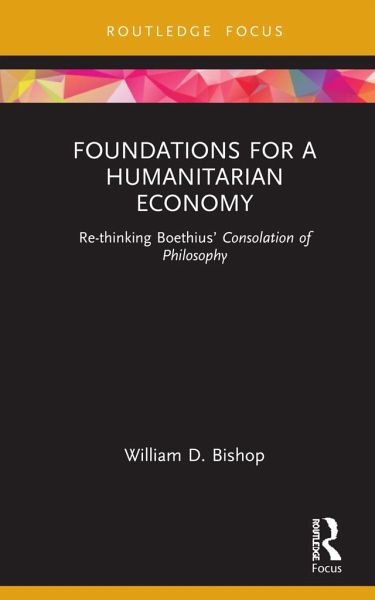
Foundations for a Humanitarian Economy
Re-thinking Boethius' Consolation of Philosophy
Versandkostenfrei!
Versandfertig in 6-10 Tagen
56,99 €
inkl. MwSt.
Weitere Ausgaben:

PAYBACK Punkte
28 °P sammeln!
The modern global economy and discipline of economics place mathematical calculation above human concern. However, a re-reading of Boethius' The Consolation of Philosophy can positively highlight the contrast in values and spirit of the early medieval European world with our own scientific age.This book discusses the historical and cultural contexts that influenced Boethius' writing and explores how Consolation offers a radically different understanding of economic concepts: wealth from inner happiness and virtues, poverty from hoarding outer possessions, self-sufficiency in the greater whole,...
The modern global economy and discipline of economics place mathematical calculation above human concern. However, a re-reading of Boethius' The Consolation of Philosophy can positively highlight the contrast in values and spirit of the early medieval European world with our own scientific age.
This book discusses the historical and cultural contexts that influenced Boethius' writing and explores how Consolation offers a radically different understanding of economic concepts: wealth from inner happiness and virtues, poverty from hoarding outer possessions, self-sufficiency in the greater whole, enlightenment through misfortune, and development as fruition from the Good. These economic considerations resonate with a range of heterodox economic perspectives, such as Ecological and Buddhist Economics. The fundamental revaluations gained through Boethius pose a critique of mainstream neoclassical and neoliberal economics: to consumerism, avarice, growth and technology fetishism, and market rationality. These economic foundations resonate into a time when global crises raise the question of fundamental human priorities, offering alternatives to an ever-expanding industrial market economy designed for profit, and helping to avoid irrevocable socio-ecological disasters.
The issues raised and questioned in this book will be of significant interest to readers with concern for pluralist approaches to economics, philosophy, classics, ancient history and theology.
The Open Access version of this book, available at http://www.taylorfrancis.com, has been made available under a Creative Commons [Attribution-Non Commercial-No Derivatives (CC-BY-NC-ND)] 4.0 license.
This book discusses the historical and cultural contexts that influenced Boethius' writing and explores how Consolation offers a radically different understanding of economic concepts: wealth from inner happiness and virtues, poverty from hoarding outer possessions, self-sufficiency in the greater whole, enlightenment through misfortune, and development as fruition from the Good. These economic considerations resonate with a range of heterodox economic perspectives, such as Ecological and Buddhist Economics. The fundamental revaluations gained through Boethius pose a critique of mainstream neoclassical and neoliberal economics: to consumerism, avarice, growth and technology fetishism, and market rationality. These economic foundations resonate into a time when global crises raise the question of fundamental human priorities, offering alternatives to an ever-expanding industrial market economy designed for profit, and helping to avoid irrevocable socio-ecological disasters.
The issues raised and questioned in this book will be of significant interest to readers with concern for pluralist approaches to economics, philosophy, classics, ancient history and theology.
The Open Access version of this book, available at http://www.taylorfrancis.com, has been made available under a Creative Commons [Attribution-Non Commercial-No Derivatives (CC-BY-NC-ND)] 4.0 license.




